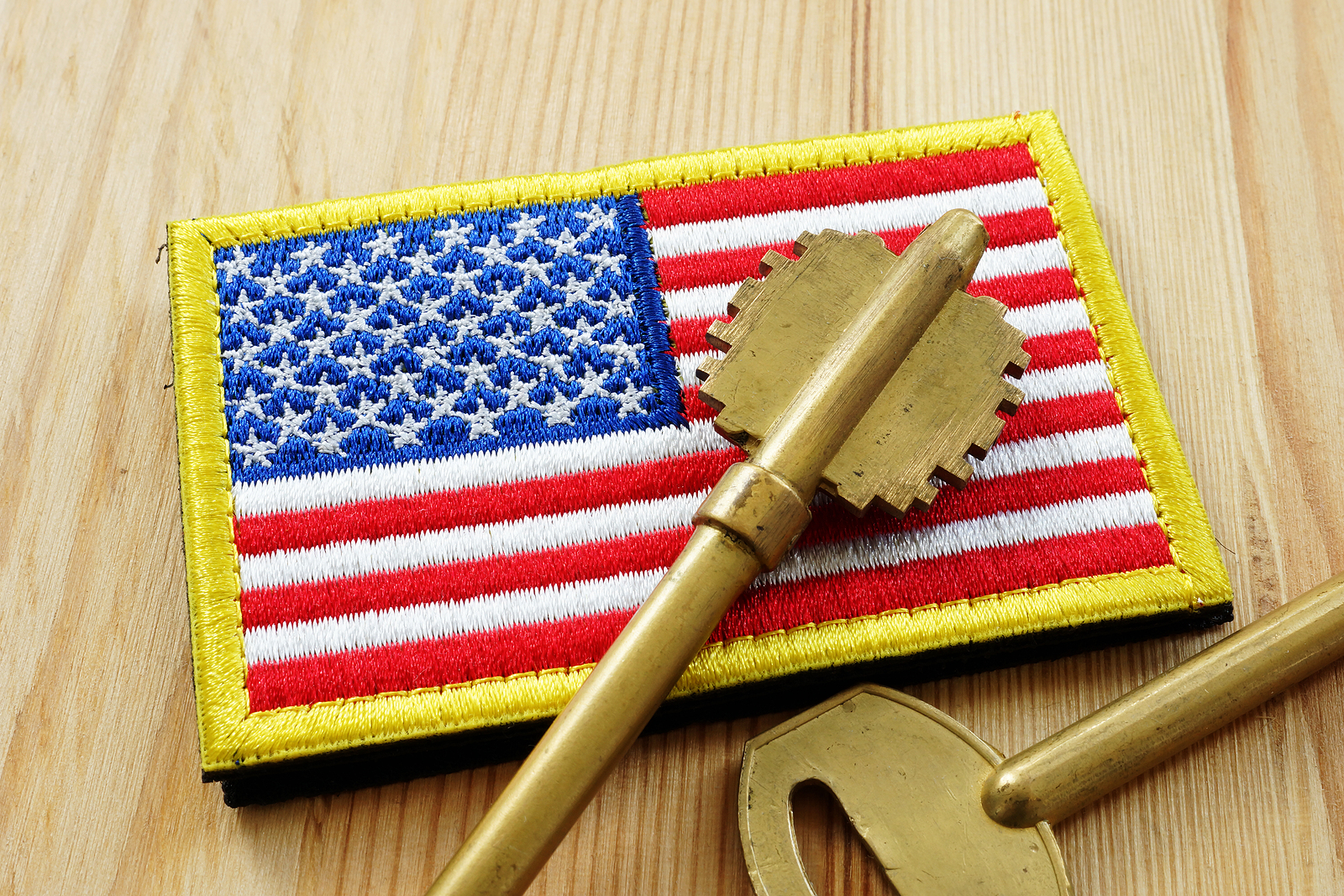
Are you a veteran looking to build your dream home? The VA construction loan can make it possible! In this comprehensive guide, we’ll explain everything you need to know about VA construction loans, including eligibility requirements, the application process, and repayment options. We’ll also explore the benefits and potential drawbacks of VA construction loans to help you decide if they’re right for you. Whether you’re just starting to consider your options or you’re ready to begin the application process, this guide is a must-read for any veteran homeowner.
Eligibility Requirements for VA Construction Loans
To be eligible for a VA construction loan, you must meet certain requirements in addition to those for a standard VA loan. These requirements include:
- Proof of a valid Certificate of Eligibility (COE) for VA home loan benefits
- A minimum credit score of 620
- A debt-to-income ratio of no more than 41%
- Proof of income and employment history
- A property that meets VA minimum property requirements and is located in an eligible area
- A qualified builder or contractor
Meeting these eligibility requirements is the first step in securing a VA construction loan.
The VA Construction Loan Application Process
The VA construction loan application process is similar to that of a standard VA loan but with a few key differences. Here are the main steps involved in applying for a VA construction loan:
1. Obtain a Construction Plan and Specifications
To apply for a VA construction loan, you’ll need a detailed plan of the home you want to build and specifications for its construction.
2. Obtain a Builder or Contractor
You’ll need to work with a builder or contractor who is registered and licensed with the VA and can provide a construction estimate.
3. Apply for a VA Construction Loan
Once you have your construction plan, specifications, and builder in place, you can begin the loan application process. You’ll need to provide documentation of your income, employment history, and other financial information.
4. Appraisal and inspection
The VA will conduct an appraisal and inspection to ensure the property meets its minimum requirements and that the construction plans are in compliance with local building codes.
5. Loan Closing
If the appraisal and inspection are successful, you can close on your VA construction loan and begin the construction process.
The VA construction loan application process can take several months, so it’s important to start early and work with a qualified builder or contractor who has experience with VA construction loans.
Building Your Dream Home with VA Construction Loans
With a VA construction loan, you can build the home of your dreams. Here are some key factors to consider as you embark on the homebuilding process:
1. Construction Plans and Specifications
Your plans and specifications should be detailed and accurate to ensure that your home is built exactly as you envision it.
2. Homebuilding Timeline
Building a home takes time, and unexpected delays can arise. Work with your builder or contractor to create a realistic timeline and ensure that construction stays on track.
3. Working with Contractors and Builders
Choose a builder or contractor who is experienced in VA construction loans and who you feel comfortable working with throughout the home-building process.
Building a home can be a complex process, but with a VA construction loan, you have the resources you need to make it happen. Take the time to plan carefully and work closely with your builder or contractor to ensure that your dream home becomes a reality.
Repayment and Financing Options for VA Construction Loans
Once your home is built, you’ll need to begin repaying your VA construction loan. Here are some key factors to consider:
1. Payment Schedules
You’ll need to make regular payments on your VA construction loan, and your payment schedule will depend on the terms of your loan.
2. Refinancing Options
If you need to refinance your VA construction loan, you can do so through a VA cash-out refinance or a standard refinance.
3. Loan Assumptions
In some cases, you may be able to transfer your VA construction loan to a new buyer if you decide to sell your home.
It’s important to understand your repayment options and work closely with your lender to ensure that you can make your payments on time and avoid defaulting on your loan. By doing so, you can maintain your good credit and continue to enjoy the benefits of VA home loan financing.
Pros and Cons of VA Construction Loans
Before deciding whether a VA construction loan is right for you, it’s important to consider the potential benefits and drawbacks of this type of loan. Here are some key factors to keep in mind:
Pros:
- No down payment required
- Competitive interest rates
- No mortgage insurance required
- Ability to finance up to 100% of the home’s value
Cons:
- Strict eligibility requirements
- Longer loan processing times
- Limited availability in some areas
- Potential for unexpected construction costs
Ultimately, the decision to pursue a VA construction loan will depend on your financial situation and homebuilding goals. By weighing the pros and cons carefully and working with a qualified lender and builder, you can make an informed decision about whether a VA construction loan is right for you.
Conclusion
If you’re a veteran looking to build your dream home, a VA construction loan can provide the financing you need to make it a reality. By meeting the eligibility requirements, working with a qualified builder or contractor, and carefully planning the homebuilding process, you can create the home you’ve always wanted.
While there are some potential drawbacks to VA construction loans, the benefits, including competitive interest rates and the ability to finance up to 100% of the home’s value, make them a compelling option for many veterans. By considering all of the factors involved and working with a trusted lender and builder, you can successfully navigate the VA construction loan process and achieve your dream of homeownership.




